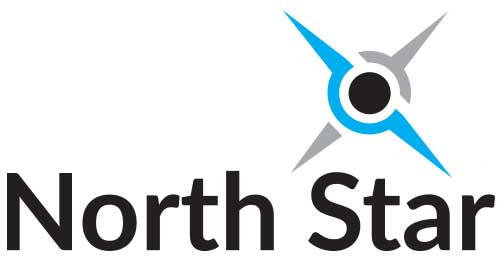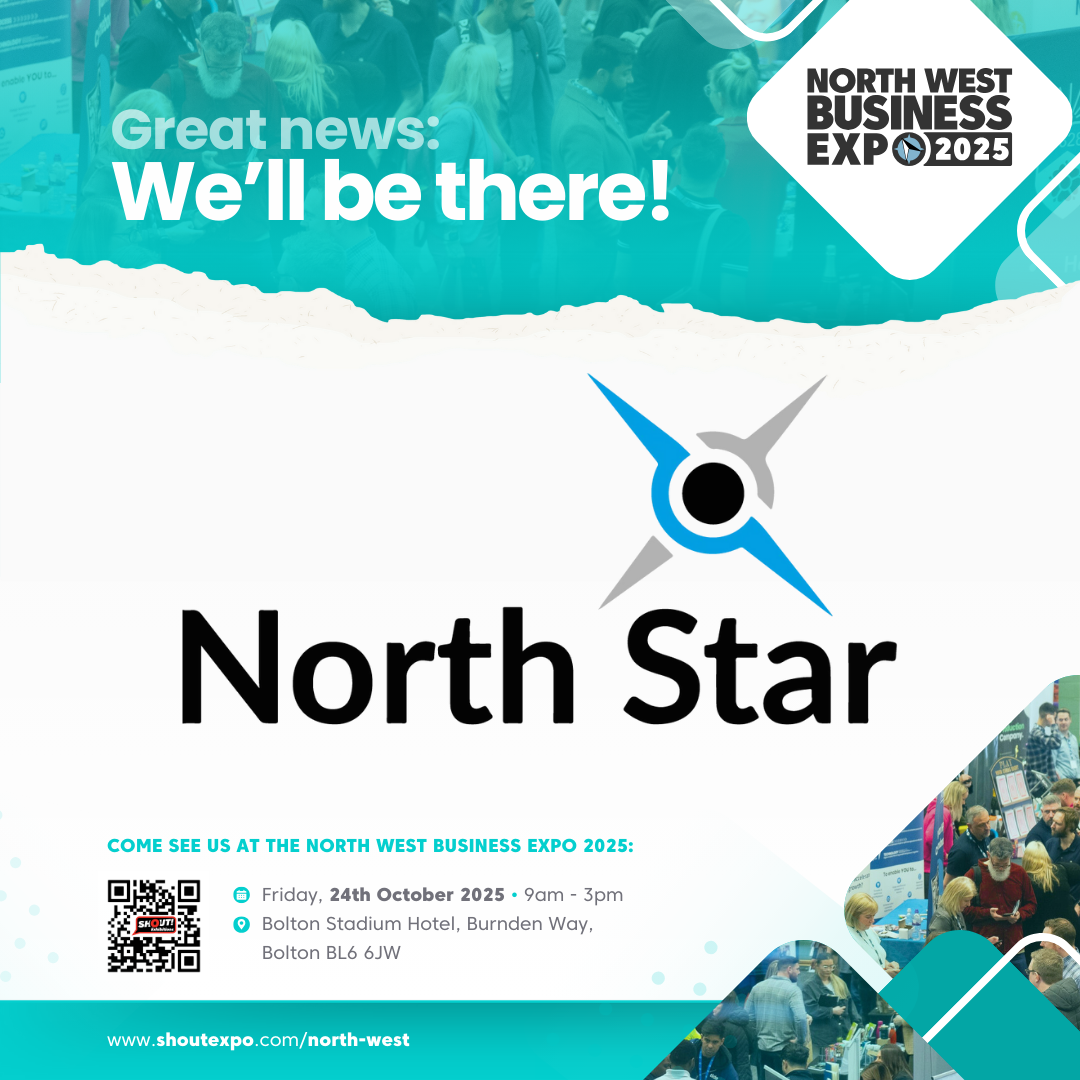Engagement Focus:
Upskilling functional leaders and operational staff in practical project management fundamentals.
Background
Barbour sought to enhance internal project capability across its operational, commercial, and supply chain functions. While formal project managers were in place, many department leads and key staff were managing projects informally without access to structured training or tools.
North Star Projects was engaged to design and deliver a tailored training programme focused on Project Management Essentials for Non-Project Managers, aligning with real-world responsibilities and internal project complexity.
Training Objectives
- Equip Barbour’s staff with a foundational understanding of project management principles
- Increase internal confidence in defining, planning, and delivering structured initiatives
- Encourage consistent use of project frameworks and language across teams
- Support the development of a scalable, shared capability in project delivery

Programme Design Approach
Drawing on North Star’s proven project management training framework, the course was built around four core modules:
| Module | Focus area |
|---|---|
| Introduction to Project Management | Understanding project fundamentals, lifecycles, and methodologies |
| Planning and Organisation | SMART goal setting, stakeholder mapping, and plan creation |
| Execution and Monitoring | Communication, collaboration, KPI tracking, and risk control |
| Closure and Review | Project wrap-up, knowledge transfer, and lessons learned |
Each session was structured with a blend of short-form content delivery, group exercises, real-life case analysis, and simulation-based learning.
Key Engagement Methods
- Interactive Workshops: Participants worked on live scenarios and classroom exercises using Gantt charts, project plan templates, and role-based simulations
- Peer Feedback Sessions: Project goals, timelines, and stakeholder maps were shared for structured peer review and critique
- Tool Familiarisation: Delegates were introduced to common planning and monitoring tools like dashboards, Kanban boards, and progress trackers
- Practical Wrap-Up Exercises: Each cohort concluded with mock closure meetings and lessons learned documentation sessions, reinforcing a complete project cycle
Outcomes
- Staff were equipped with practical tools and templates that could be directly applied in their day-to-day work
- Participants reported increased confidence in creating structured project plans, managing timelines, and handling cross-team communication
- Barbour gained internal consistency in the way projects were initiated, documented, and reviewed
- A repeatable training format was established that can be used for onboarding new leaders or upskilling cross-functional teams






















